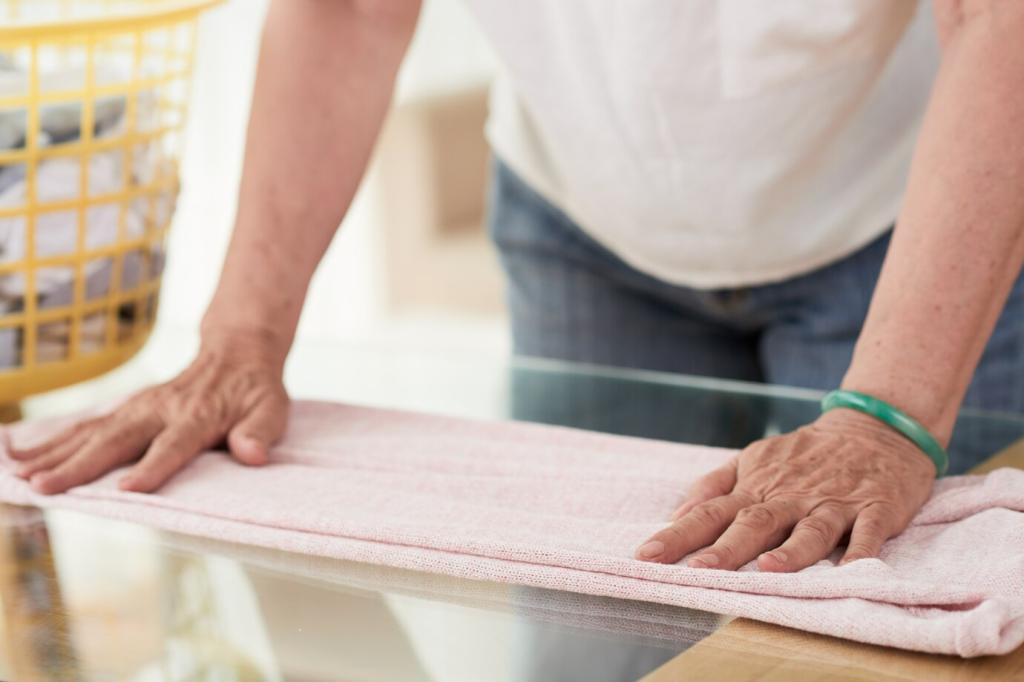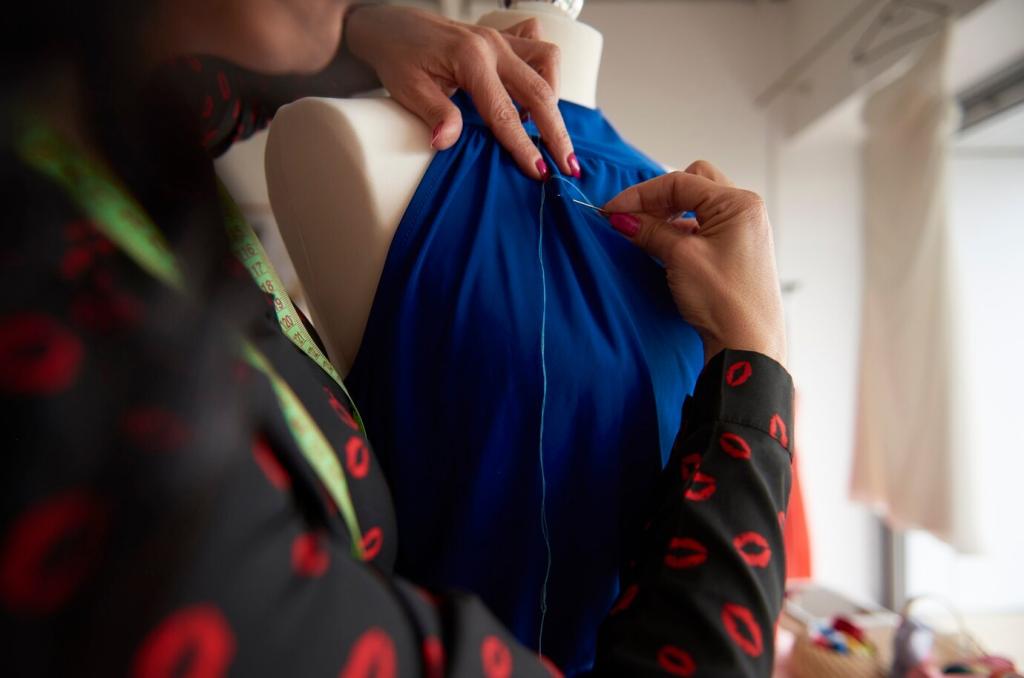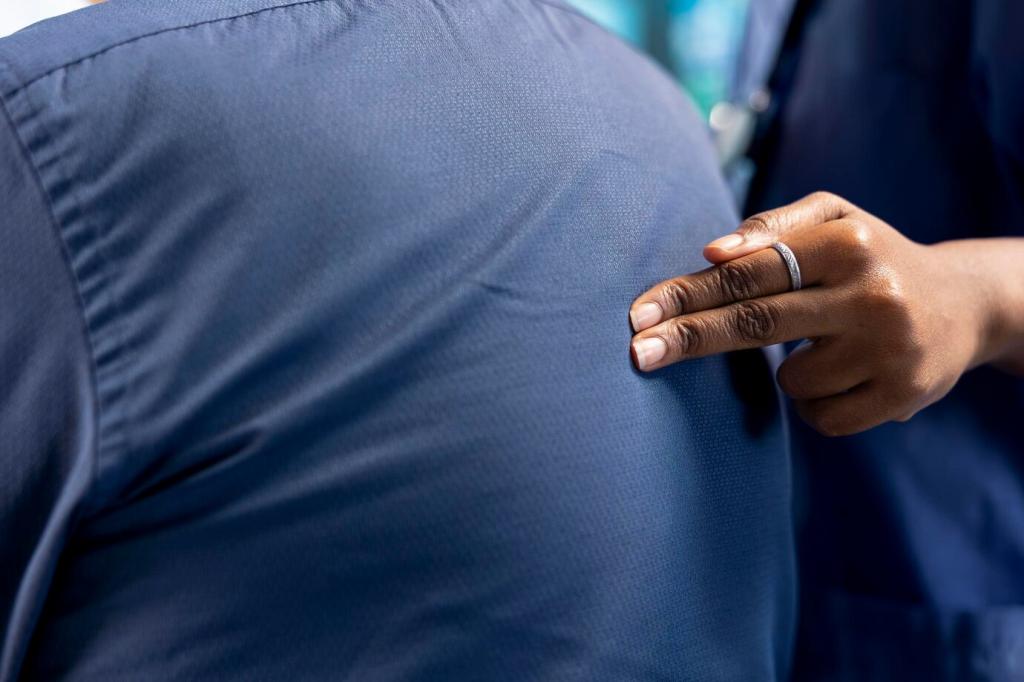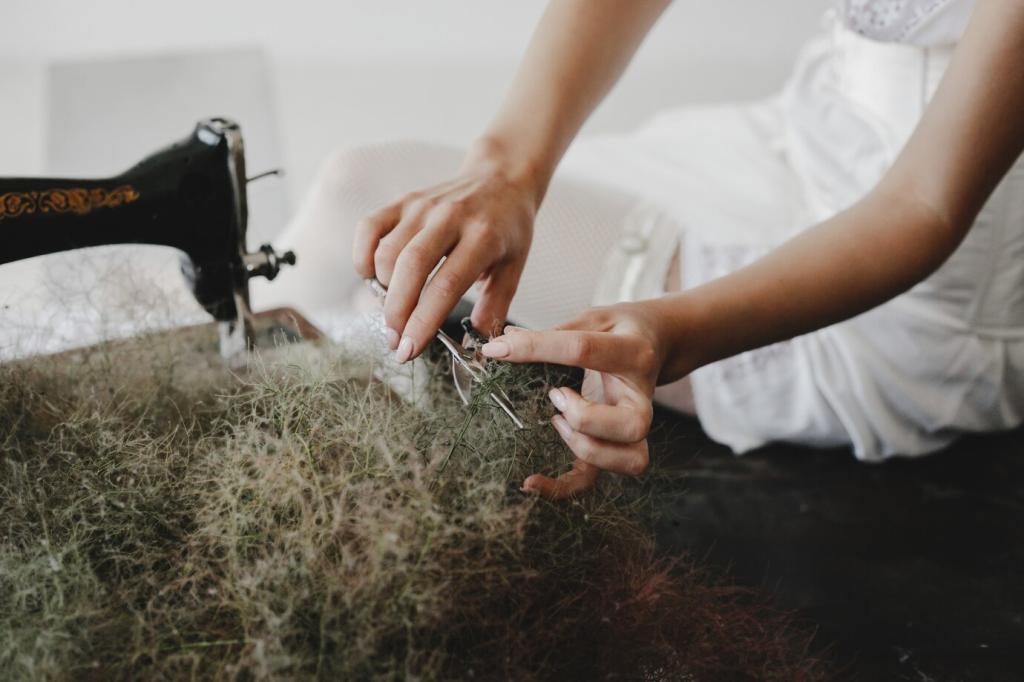Chosen theme: Avoiding Pilling on Silk Sheets. Welcome to a gentle, practical guide to keep your silk bedding exquisitely smooth, longer-lasting, and endlessly inviting—night after night.
Why Silk Pills: The Fiber Science Made Simple
01
Friction: The Invisible Culprit
Pilling begins when repeated friction loosens tiny fiber ends that tangle into little knots. Rough surfaces, stubble, dry skin, and even heavy creams intensify abrasion, turning satin-sleek silk into a field of micro-bumps over time.
02
Filament Length and Quality
Long-filament mulberry silk, especially Grade 6A, resists pilling better because fewer cut ends escape to the surface. Shorter fibers tend to migrate and mat together, making careful material selection a powerful preventative strategy.
03
Weave and Momme Matter
A satin weave has fewer interlacings, giving silk its signature glide and reduced snag points. Higher momme weights, such as 19–25, offer added durability and pill resistance, while still feeling deliciously cool against the skin.
Wash Rituals That Protect Your Silk
Choose an enzyme-free, bleach-free, pH-neutral detergent formulated for silk or delicates. Enzymes can attack silk’s protein structure, and excessive detergent leaves residue, increasing friction and dulling the luxurious sheen you love.
Drying, Ironing, and Storage for Lasting Smoothness
Lay sheets flat or hang to dry away from direct sun. Skip the tumble dryer, which roughens fibers and encourages pilling. If unavoidable, use no heat and the shortest time possible to reduce agitation.

Everyday Habits That Keep Pills Away
Smooth Skin, Smooth Sheets
Gently buff rough heels, file nails, and consider light exfoliation before bed. Stubble, calluses, and chipped polish act like tiny sandpaper, raising fibers that eventually knot into pills across high-friction zones.
Mind Your Bedfellows
Keep pets’ claws and rough paws off the bed, and avoid sleeping in abrasive fabrics like wool sleepwear. Close metal zippers and snaps on pajamas or duvet covers, and steer clear of Velcro near your silk.
Layering That Works With Silk
Use a smooth mattress protector and a duvet insert with corner ties to reduce shifting. Avoid heavy, textured blankets directly on silk; opt for a silk-friendly top layer that won’t grind fibers through the night.
Buy Smart: Silk Specifications That Resist Pilling
Prioritize Long-Filament Mulberry
Look for Grade 6A long-filament mulberry silk with consistent luster. Fewer fiber ends reduce the chance of surface fuzzing, keeping your sheets smooth as seasons change and laundry cycles accumulate.


Choose a Satin Weave and Adequate Momme
A satin weave in the 19–25 momme range balances luxury and durability. Lighter weights feel airy yet may pill sooner, while mid-to-higher momme options better resist abrasion without losing that floating sensation.
Troubleshooting Early Signs of Pilling
Identify friction zones: foot area, edges near beards or stubble, and where pets nap. Adjust habits, add a protective layer, or rotate sheet orientation to reduce localized wear before pills multiply.
Troubleshooting Early Signs of Pilling
For very light pilling, carefully snip raised knots with fine scissors while the fabric is taut. Avoid aggressive shaving tools that can cut filaments, weaken the weave, and turn a small issue into a permanent scar.


Maya’s 22-Momme Turnaround
Maya switched to enzyme-free detergent, added a mesh bag, and upgraded to 22-momme satin. Her foot-zone pills disappeared within weeks. She now keeps a tiny manicure kit by the bed and swears it changed everything.
Luca’s Layering Fix
Luca loved a chunky throw until it roughed his silk. Replacing it with a smooth top sheet and tying duvet corners stopped the grind. He invites you to try his method and report back with your own tweaks.
Join the #SilkNoPill Pledge
Share your routine, tag a friend who loves silk, and subscribe for our seasonal care checklist. Your tips might be featured next, helping the whole community keep their silk sheets effortlessly smooth and serene.
Join our mailing list
